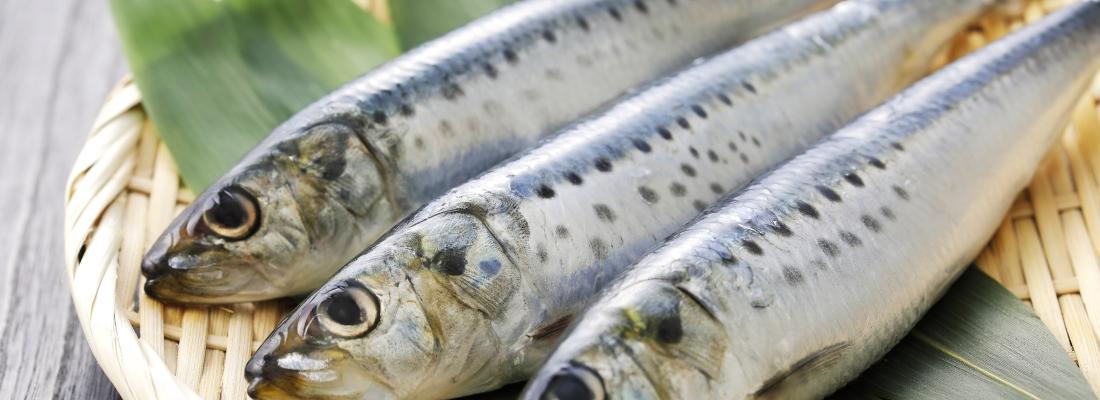Can natural marine ingredients boost the aging brain?
Published on 11 March 2021

Aging is accompanied by an overall decline in cognitive performance which is reflected by memory and vigilance disorders that can lead to an impaired quality of life and loss of autonomy. Preserving quality of life while maintaining a satisfactory cognitive state in the elderly constitutes a crucial socioeconomic challenge. In this context, nutrition is one of the innovative strategies to prevent age-related cognitive decline as it is a factor that can be easily modulated throughout life. INRAE research scientists have thus been exploring the effects of a marine hydrolysate obtained from sardine heads, using a dual approach: in vitro on cell cultures and in vivo on a preclinical model.
Sardine heads constitute a marine by-product which is currently underexploited but which contains large quantities of n-3 polyunsaturated fatty acids (n-3-PUFAs or omega-3) and proteins! Dietary n-3 PUFAs are of particular interest because of their anti-inflammatory properties since chronic low-grade inflammation is associated to age-related cognitive changes. Furthermore, the high protein levels in sardine by-products thus make them good candidates for the production via the enzymatic pathway of low molecular weight peptides with anti-inflammatory and anti-stress properties. Considering the individual effects of these n-3 PUFAs and bioactive peptides, combining them makes it possible to maximise their impact.
The scientists focused on a marine hydrolysate containing n-3 PUFAs and low molecular weight peptides obtained from sardine heads using ecologically responsible, gentle and solvent-free processes. The team of NutriNeuro’s lab in Bordeaux demonstrated in mice the beneficial effects of this marine hydrolysate on memory and response to stress and brain inflammation during aging, and determined the mechanisms involved. A patent has been filed regarding the method used to obtain the marine hydrolysate and its effects on health.
n-3 PUFAs and bioactive peptides thus represent a potentially useful strategy to prevent age-related cognitive decline. These results now need to be confirmed in humans in the context of a clinical study. During 2021, the scientists are thus planning to evaluate the efficacy of dietary supplementation for three months with these components on memory changes in a cohort of 50 elderly individuals (aged 60 to 73 years) who are in generally good health but showing a marked, but non-pathological, cognitive decline.
References:
Chataigner M, Martin M, Lucas C, Pallet V, Layé S, Mehaignerie A, Bouvret E, Dinel AL, Joffre C. (2021). Fish Hydrolysate Supplementation Containing n‐3 Long Chain Polyunsaturated Fatty Acids and Peptides Prevents LPS‐Induced Neuroinflammation. Nutrients 13, 824.
Chataigner M, Mortessagne P, Lucas C, Pallet V, Layé S, Mehaignerie A, Bouvret E, Dinel AL, Joffre C. (2020). Dietary fish hydrolysate supplementation containing n-3 LC-PUFAs and peptides prevents short-term memory and stress response deficits in aged mice. Brain Behav Immun. 1591(20)30743-1. doi: 10.1016/j.bbi.2020.09.022.
Joffre C, Dinel AL, Chataigner M, Pallet V, Layé S. (2020). n-3 Polyunsaturated Fatty Acids and Their Derivates Reduce Neuroinflammation during Aging. Nutrients. 12(3):647. doi: 10.3390/nu12030647.
